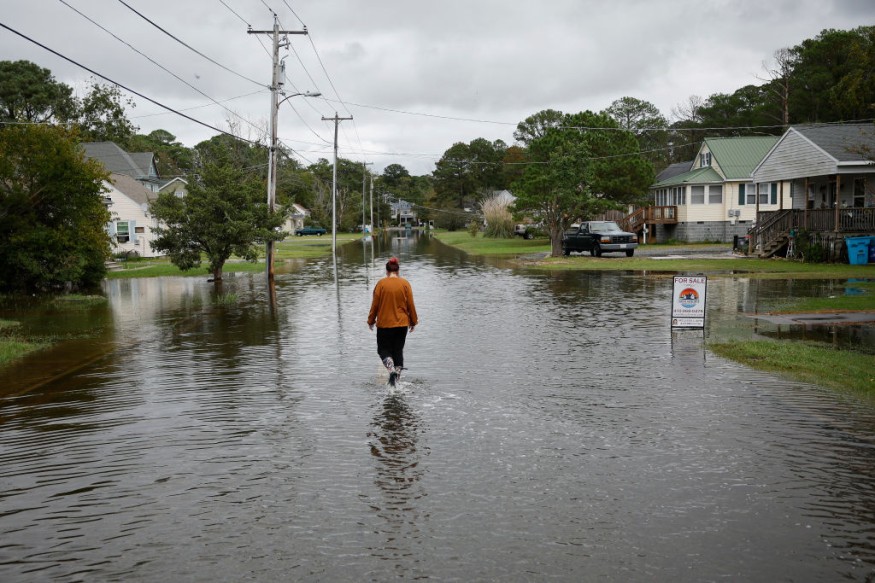
A recent study has found that people who have been impacted by floods are at risk of acquiring heart and lung problems even after the floodings had subsided.
Experts found out that the risk of dying has increased and persisted for up to 60 days (50 days for cardiovascular mortality) after experiencing floods. This is a notable increase of 2.1% for all-cause deaths, 2.6% for cardiovascular deaths, and 4.9% for respiratory deaths.
Findings of the study
In the study, the researchers have looked at 761 communities from 34 countries which had experienced at least one flood event during the decade from 2000-2019. They reviewed a total of 47.6 million all-cause deaths including 11.1 million cardiovascular deaths as well as 4.9 million respiratory deaths in the study time period.
Experts said that these flood-mortality associations have varied with local climate type and these were stronger in populations having a low socioeconomic status or high proportions of the older population.
The study underscored that all-causes, cardiovascular, and respiratory mortality risks often reach its peak at around 25 days, and last for up to 60 days after exposure to floods.
The experts explained that in the aftermath of a flood situation, deaths from natural causes are often triggered by contamination of food and water; exposure to pathogens such as fungi, bacteria, and virus; as well as impaired access to health services and psychological impairment.
A separate study also investigated the relationship between floods and drought events when it comes to human health. A review of national disaster data and 38 case studies have indicated that geographic location, socio-political rights, economic status, and personal behaviors, and immunity are essential environmental determinants of the health impacts.
It also found out that water-borne diseases and mental health problems were prominently cited as the major post-flood and even drought health issues.
Mental health
The National Library of Medicine explained the effects of flooding to one's mental health.
Researchers said that flooding can pose substantial social and mental health problems that may continue over extended periods of time.
They said that flooding can also challenge the psychosocial resilience of the people who are affected. They added that the frequency of floods is increasing.
The mortality relating to flooding could vary and it depends on the enormity or otherwise of each extreme event and the capability of the rescue and recovery services.
All healthcare agencies should be aware of the distress that flooding may bring to people who are affected.
This is in particular to vulnerable communities since the health impacts are expected to cumulate.
Experts said that healthcare agencies should incorporate this knowledge into their practice and be prepared for the sudden elevated demands of health services in order to reduce the number of deaths from natural causes.
They said that public health institutions should monitor the changes in mortality rate in the 25 days following floods to enable prompt interventions.
Policymakers should also prioritize comprehensive disaster preparedness, early warning/detecting systems, and efficient disaster response protocols to reduce the attributable deaths due to floods.
Related Article : 6 Ways that Climate Change Threatens Americans' Health
Related Video:
© 2025 NatureWorldNews.com All rights reserved. Do not reproduce without permission.





